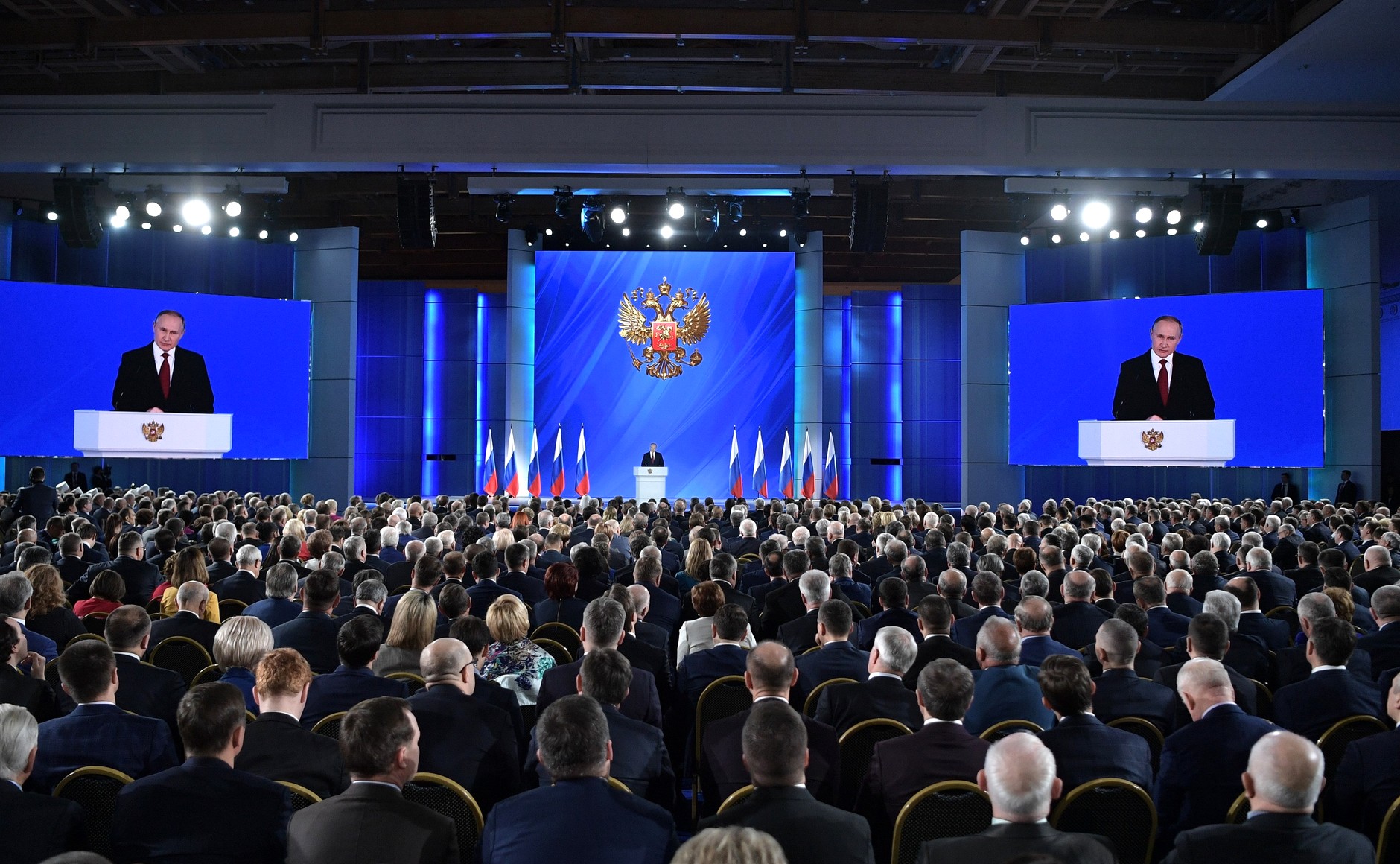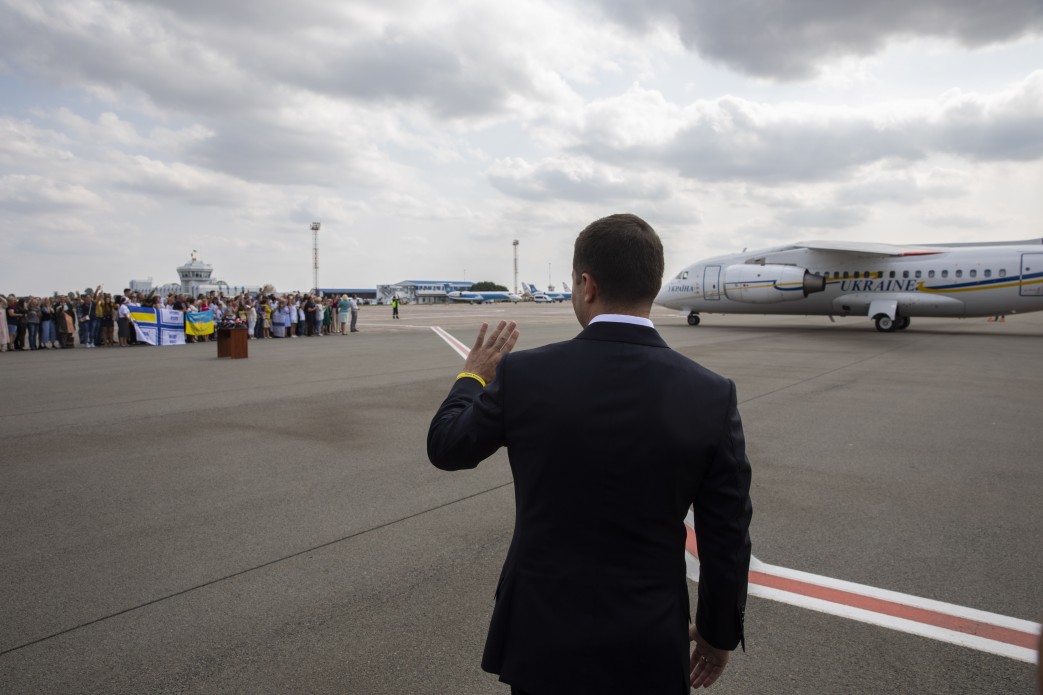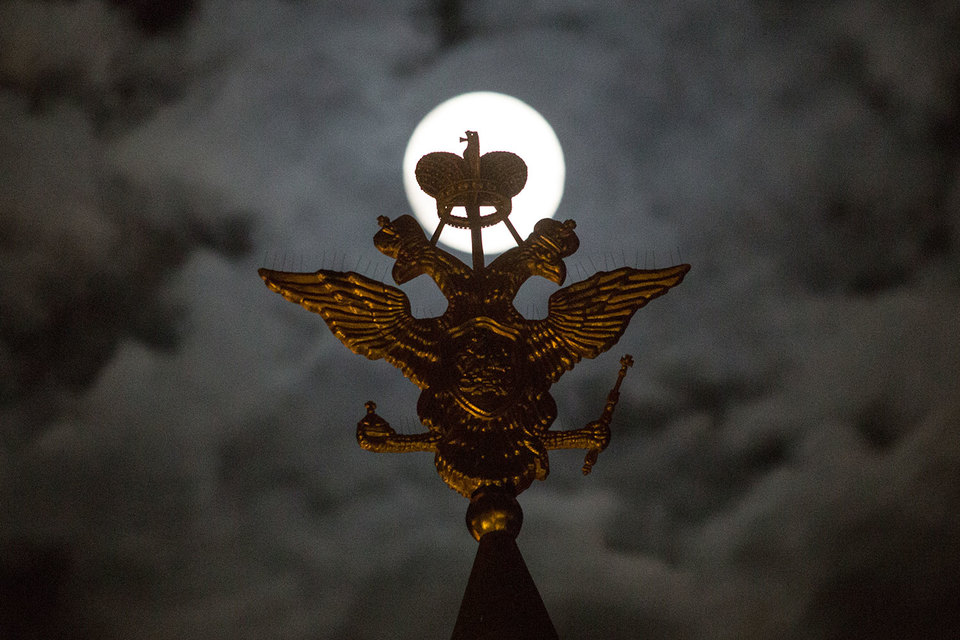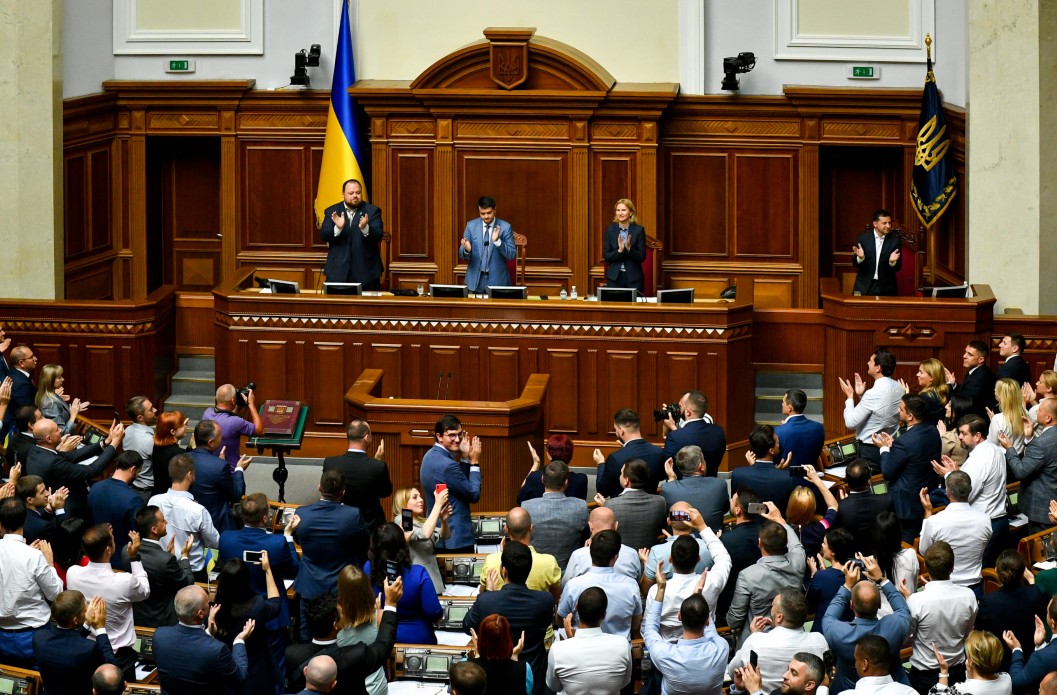In today’s message to the Federal Assembly of Russia, President Vladimir Putin proposed a large-scale constitutional reform, which should significantly change the architecture of the state.
Putin himself intends to decline to participate in the presidential election at any time, but the weight of the parliament, government and regional leaders in Russia will be significantly strengthened. This, of course, will weaken any presidential successor to Putin and will enable Putin to exert a significant influence on the authorities in his new capacity. Perhaps Putin is going to become the head of the State Council – much like the former president of Kazakhstan, Nursultan Nazarbayev, who after his resignation, became the head of the National Security Council with his functions strengthened in the country’s constitutional law. But we will learn about this after Putin’s proposals are made concrete and put to a referendum.
The main thing in Putin’s constitutional proposals, however, is not this – but rather the refusal by the Russian leadership of the primacy of international law and international agreements; when amendments are made to the Russian Constitution, Russian domestic legislation will take precedence over any international obligations of Russia. This means that these obligations themselves will have absolutely no meaning.
Putin’s proposals demonstrate that he learned a lesson from the criticism of the period around the annexation of Crimea, when politicians and observers reminded him that Russia had not only recognized the territorial integrity of Ukraine, but also committed itself to protecting this integrity in the Budapest Memorandum. After these amendments, all this—the agreement with Ukraine, the Budapest Memorandum, and decisions of international courts—will not be very important for the Kremlin even from a legal point of view, and not from a political one. Moreover, these amendments will close the legal path for returning Crimea to Ukraine for any successor to Vladimir Putin. They will close it for one simple reason: the Russian Constitution, in which Crimea and Sevastopol are designated as subjects of the Russian Federation, will have an obvious legal priority over any international agreement that any head of state will sign. The Constitutional Court simply will not be able to approve such an agreement and agree to amendments to the Constitution regarding Crimea.
Some may argue with me that in 2014 the Russian Constitutional Court calmly violated the Russian Constitution and Russia’s international obligations—like it was nothing. But it was done by the Constitutional Court of the authoritarian Putin regime. I proceed from the fact that only the leadership of a democratic Russia can accept the illegality of the annexation of Crimea — and it will immediately fall into the legal trap that Putin is now masterfully constructing. Simply put, even to start a dialogue on the illegality of Crimea joining Russia the new leadership of the country will have to change the Constitution again and restore the primacy of international law. That, of course, will not be so simple, because in Russia—no matter who will be in power there—a “patriotic majority” will exist for a very long time. This majority will be convinced that “Crimea is ours” and that it is impossible to create a legal basis for returning the annexed peninsula.
Today’s message from Vladimir Putin to the Federal Assembly of Russia means that he has programmed a conflict between Russia and Ukraine for years or maybe decades into the future, even for the period after he is no longer in power. This conflict will now be supported not only by the military, economic and political capabilities of the Russian regime, but will also embedded in Russia’s legal framework, in its Constitution. These changes will allow the Kremlin to start new territorial conflicts and seizures no longer dreading the impact of international condemnation or Ukrainian lawsuits.
In fact, Putin today declared a war on Ukraine – practically an open war. And if the Ukrainians, instead of preparing for this war, lull themselves into illusions about the possibility of reaching peace agreements with the aggressor and support the naive expectations of their incompetent government, the Ukrainian state will simply perish.
Read More:
- Putin’s proposed amendments to Russian Constitution reject primacy of international law
- What the Ukrainian nation should be – Zelenskyy’s New Year speech provoked discussion on identity and nationhood
- Portnikov: A crisis situation requires competency
- Portnikov: The break in Putin’s pipe
- Russia at War: a review of “From Russia with Blood”
- Portnikov: Zelenskyy is on the line
- Portnikov: Who in Ukraine is being bribed by Putin and Gazprom?
- Portnikov: Putin is preparing a new trap for Zelenskyy
- Portnikov: Russia “bombarding” the doubters before Normandy Four Summit
- Portnikov: This government is apathetic toward Ukraine
- Portnikov: Only Ukraine is at risk
- Portnikov: Why Berlin saves Putin’s Nord Stream 2 gas pipeline
- Ukraine’s Servants of the People coming out of the closet as ‘Servants of Russia,’ Portnikov says








